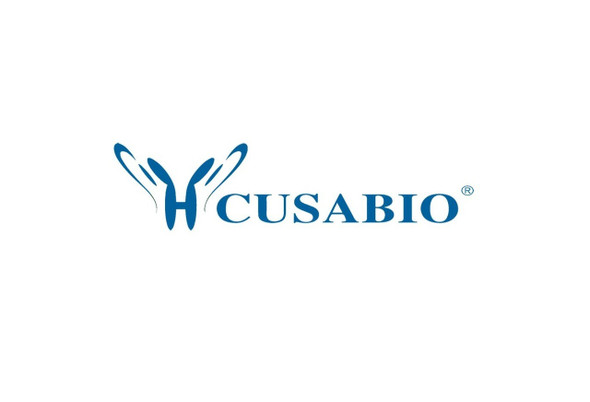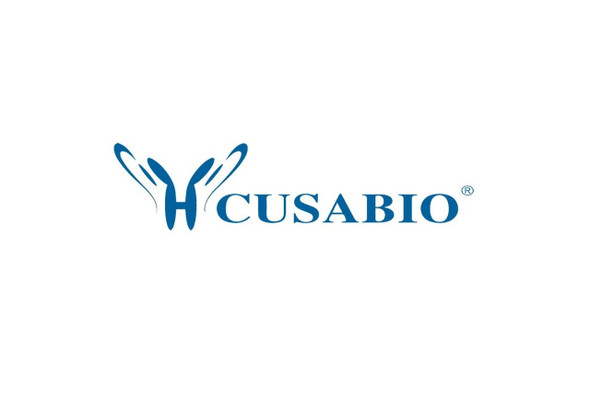Cusabio Polyclonal Antibodies
S100B Antibody | CSB-PA020643ESR1HU
- SKU:
- CSB-PA020643ESR1HU
- Availability:
- 3 to 7 Working Days
Description
S100B Antibody | CSB-PA020643ESR1HU | Cusabio
S100B Antibody is Available at Gentaur Genprice with the fastest delivery.
Online Order Payment is possible or send quotation to info@gentaur.com.
Product Type: Polyclonal Antibody
Target Names: S100B
Aliases: Protein S100-B (S-100 protein beta chain) (S-100 protein subunit beta) (S100 calcium-binding protein B), S100B
Background: Weakly binds calcium but binds zinc very tightly-distinct binding sites with different affinities exist for both ions on each monomer. Physiological concentrations of potassium ion antagonize the binding of both divalent cations, especially affecting high-affinity calcium-binding sites. Binds to and initiates the activation of STK38 by releasing autoinhibitory intramolecular interactions within the kinase. Interaction with AGER after myocardial infarction may play a role in myocyte apoptosis by activating ERK1/2 and p53/TP53 signaling. Could assist ATAD3A cytoplasmic processing, preventing aggregation and favoring mitochondrial localization. May mediate calcium-dependent regulation on many physiological processes by interacting with other proteins, such as TPR-containing proteins, and modulating their activity.
Isotype: IgG
Conjugate: Non-conjugated
Clonality: Polyclonal
Uniport ID: P04271
Host Species: Rabbit
Species Reactivity: Human
Immunogen: Recombinant Human Protein S100-B protein (1-92AA)
Immunogen Species: Human
Applications: ELISA, IHC
Tested Applications: ELISA, IHC; Recommended dilution: IHC:1:20-1:200
Purification Method: Antigen Affinity Purified
Dilution Ratio1: ELISA:1:2000-1:10000
Dilution Ratio2: IHC:1:20-1:200
Dilution Ratio3:
Dilution Ratio4:
Dilution Ratio5:
Dilution Ratio6:
Buffer: PBS with 0.02% sodium azide, 50% glycerol, pH7.3.
Form: Liquid
Storage: Upon receipt, store at -20°C or -80°C. Avoid repeated freeze.
Initial Research Areas: Cell Biology
Research Areas: Epigenetics & Nuclear Signaling;Cell biology;Stem cells











